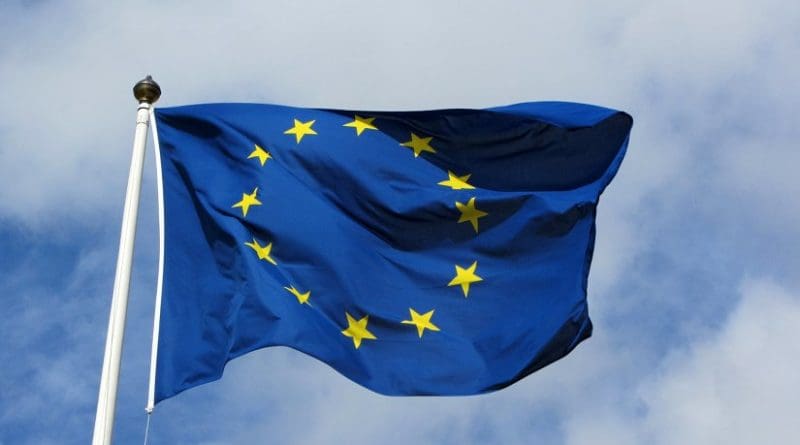EU: MEPs Approve Rules On Which Country’s Courts Settle Property Disputes In Divorce, Death Cases
New rules for deciding which country’s courts should settle property disputes in divorce or death cases involving international couples or registered partnerships were approved by MEPs on Thursday. These rules should end parallel proceedings – costing around €1.1bn annually – in various member states whose courts have to settle such property disputes. They will apply in 18 EU countries which were willing to join this “enhanced cooperation” initiative.
“It was about time that we had a European instrument for the property consequences of matrimonial regimes and registered partnerships. From now, international couples in all forms of marriages will benefit from legal security, better access to justice and harmonized rules that will fit the nearly 16 million international couples who live in the EU,” said rapporteur Jean-Marie Cavada (ALDE, FR).
The two regulations, one on matrimonial property regimes and the other on the property consequences of registered partnerships, determine which court has jurisdiction and which law applies in proceedings concerning the property of international couples. They will also facilitate the recognition and enforcement of a judgment given in one member state on property matters in another member state.
The regulation on matrimonial property regimes was approved by 498 votes to 58, with 35 abstentions, and the regulation on property consequences of registered partnerships was adopted by 490 votes to 68, with 34 abstentions.
The institutions of marriage and partnership nonetheless remain matters that are defined by the national laws of the member states. The regulations include a series of safeguards to ensure respect for national legal systems. For example, nothing obliges participating member states whose law does not recognize the institution of a registered partnership either to provide for it, or to assume jurisdiction for such partnerships.

